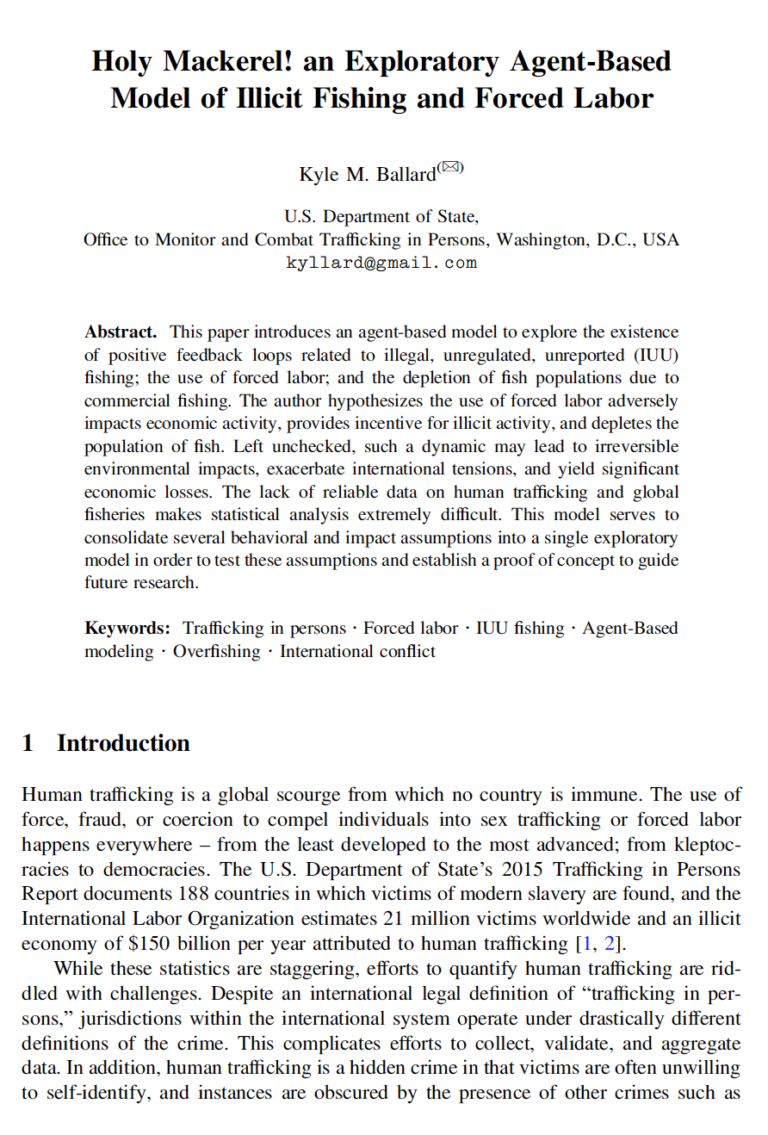Enhancing the Safety and Sustainability of the Return and Reintegration of Victims of Trafficking- Lessons Learnt from the CARE and TACT Projects
PublicationsThis joint report aims to gather and share the lessons learnt through the implementation of CARE and TACT projects, which objectives are to enhance the safe and sustainable return and reintegration process of returning victims of trafficking. The re...Read More

